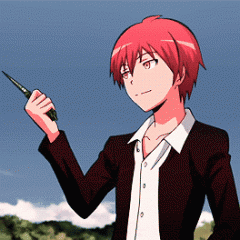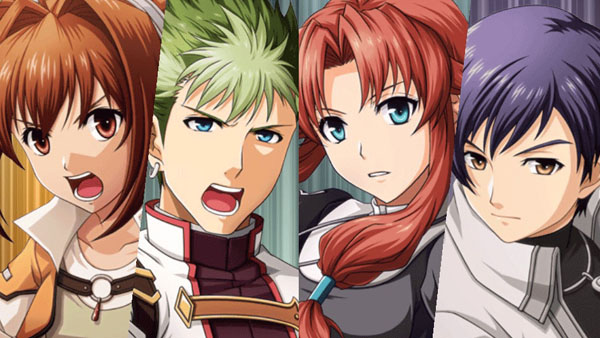Alright, I could probably go into a lot of discussion here about criticism, but how about I just let the critic takeover and discuss. I'm actually going to make a few different symbols to refer to what I'm talking about in the original section so that I don't have to repost the passage 100 times:
Look at all the color there. Isn't it beautiful? I just want to start off with that you really did give a good message and got the point across, but the biggest issue is that there's a lot of subjective material in it. Hasty generalizations are bad, especially if you want to give a good impression. The worst culprit in this section was the term the yellow I highlighted at the start of the passage. If you're building a bomb that's supposed to set off at 10 minutes, but you make it go off at ten seconds, I sure hope someone would tell me I'm doing it wrong. Writing is the same way. I want to know if I'm doing something wrong so that I'm aware and can fix it. If you want someone to understand what you're saying there, maybe provide an experience and what you did about it.
The next thing I want to cover is the term open minded in the emphasized part at the start. I like the whole phrase but I'm picky about open minded and how little you told us about why it's so important in your section. When I think of the term alone, it could be saying to accept criticism no matter who it's coming from. Understanding is covered in this section, but you never told us why we should listen and think about the criticism as a whole. Not all feedback is both good and bad, but from my understanding, you should be willing to accept you have faults and use feedback and criticism to improve or get around those weaknesses. I'd love some more on what you do with criticism here.
My biggest pet peeve here had to be the use of probably. Critics in writing exists, not because they want to point out faults, they want to help you and ones are more familiar with will really guide you and give you advice. When I first read somebody's work, I generally just go into very broad and wide things as criticism can take a long time to pick out details. After I get to know the person's writing style better, I may negate certain areas and just plainly focus on what they want and need to work on. If a person is good at editing and finding typos, I won't spend time mentioning and correcting them which allows me to have more room for both constructive and positive feedback. I can confidently say that writing critics do want to help you in writing. There may be exceptions, but this is a good spot to use a generalization vs doubt. Don't ever throw doubt where you don't have to.
"It's okay to feel sad or disappointed" From up front, there is nothing wrong with this phrase. This is more opinionated, but I feel like this isn't okay, but you can't always help it. Your greatest critic is yourself and you must learn to control it. There's also the issue that there is no right or wrong in writing which is also why criticism can be subjective. Sometimes a critic is wrong, I'll admit I've been wrong before. Sometimes after a bit of elaboration, instead of doubt and sadness, what someone says is wrong, was just written in an odd way, but with a few touches could be golden. This would've been the place to elaborate more on what you mean by open minded because this is not a simple black and white subject.
Another minor nitpick is repeated words. The use of you and enjoy 3 times in each of the sentences I noted kind of stick out. Whenever I have a habit of using a word way too much, I put it on the ban list. The hardest thing I ever did was a chapter with first person perspective without the use of "I". It may feel difficult, but you'll force yourself to vary your word choice a bit more.
The last little bit I want to talk about is that emphasis of ALONG. Generally, I say stick to italics for emphasis as capital letters seem like shouting. I don't care for them personally though as I feel they shouldn't ever be needed unless it's supposed to stick out like a sore thumb and usually be the first or only thing people read. It's a minor nitpick, but not using cap words makes you look a bit more professional.
I'll end this critique on a high note. I really liked the line and use of "The point of criticism is to better ourselves" along with that tiny paragraph at the end. You did get that point across which is the whole point of that section. It's a really good message especially remembering to include it's all about having fun. Sometimes I feel people forget that causing doubts and worry if their writing is any good.














